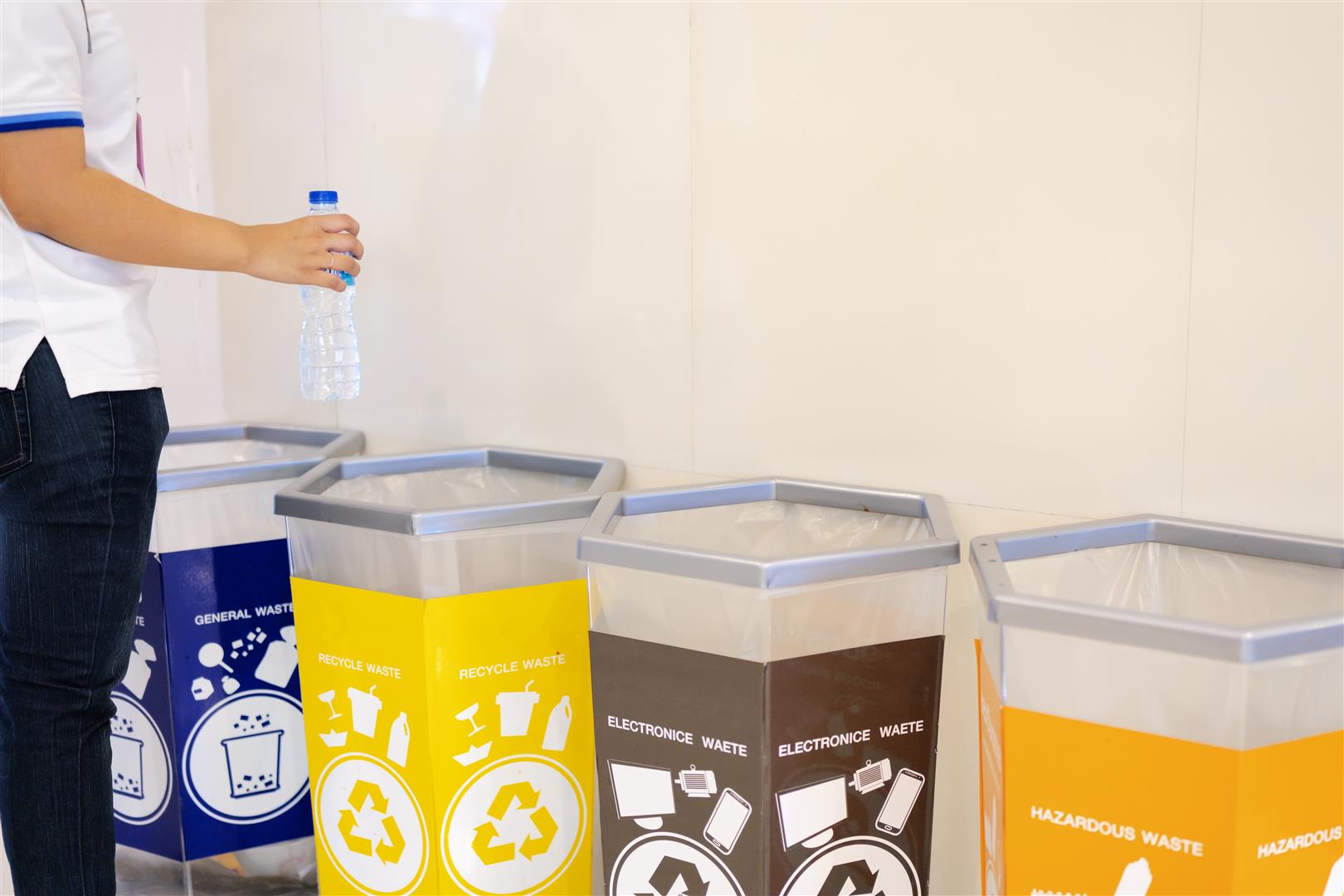
Thailand was in the TOP 10 countries that dump the most plastic into the ocean in the world in 2021, with an amount of up to 22.8 million kilograms that negatively affects nature such as beaches, coral reefs. It is also toxic to the environment, affecting the ecosystem and the food chain, such as foam, plastic. When marine animals eat it, it will harm their health and eventually die.
And in 2021, it was found that marine debris, including lost or discarded fishing gear, affects more than 800 species of aquatic animals in the sea. And along the coast, 60-90% of marine debris is made up of plastic, mostly packaging and single-use plastic products.
Corresponds to the data of the Department of Health which revealed that many tourist attractions full of tourists, national parks, land and sea, also result in a rapid increase in waste from tourists or hotels, resorts, bungalows, and restaurants. Therefore, it is the duty of all parties to help reduce waste whether on land or in the sea.
In the part of the hotel business that is a service sector business, both Thais and foreigners hold shares with Thai people opening activities together, many of which have established effective waste reduction measures as follows:
1. To assign officers responsible for sorting, collecting and taking care of the waste of the establishment. Waste is sorted into 4 categories: recyclable waste, organic waste, hazardous waste and general waste.
2. To provide signs or posts asking customers for cooperation in sorting and disposing of waste properly, including using messages campaigning for the valuable use of water and electricity resources.
3. To use environmentally friendly and reusable products, such as using cloth bags instead of plastic bags for sending laundry clothes.
4. To bring food scraps from the kitchen, dining room, and banquet hall into the food waste bin to use as animal feed or compost for watering the plants.
5. To repair tools to be reused.
6. To stop using substances that are harmful to the environment.
7. To separate toxic waste such as light bulbs, batteries and aerosol cans from other waste and destroy it legally.
8. To design a place to be environmentally friendly, emphasizing energy from nature, such as designing buildings with transparent materials to reduce the use of lighting from electricity, with a channel for the wind to blow through to reduce the use of air conditioning.
These measures in the hospitality sector such as hotels have been piloted in many seaside provinces such as Rayong, Phuket and other provinces. In the previous year (2022), it set goals to reduce waste, starting to adjust behavior on both service providers and service users by focusing on not creating garbage, using especially environmentally friendly materials, emphasizing the collection, sorting and recycling process of waste, which must be efficient to achieve an average of 60% of the total amount of waste.
Source: Department of Health : Ministry of Public Health
Tel: +66-2430-6999